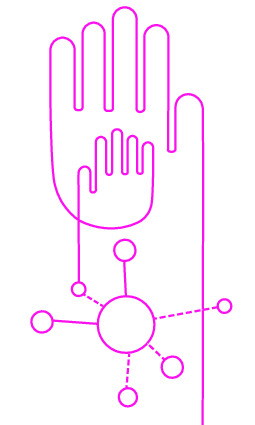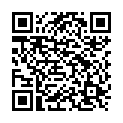|
|
|
| Module code: PdK-101 |
|
|
1V+1U (2 hours per week) |
|
5 |
| Semester: 1 |
| Mandatory course: yes |
Language of instruction:
German |
Assessment:
Course work: passed/failed
[updated 01.10.2020]
|
PdK-101 (P322-0187) Childhood Education, Bachelor, ASPO 01.10.2017
, semester 1, mandatory course
PdK-101 (P322-0187) Childhood Education, Bachelor, ASPO 01.10.2019
, semester 1, mandatory course
|
30 class hours (= 22.5 clock hours) over a 15-week period.
The total student study time is 150 hours (equivalent to 5 ECTS credits).
There are therefore 127.5 hours available for class preparation and follow-up work and exam preparation.
|
Recommended prerequisites (modules):
None.
|
Recommended as prerequisite for:
|
Module coordinator:
Prof. Dr. Tamara Marksteiner |
Lecturer: Prof. Dr. Tamara Marksteiner
[updated 02.09.2019]
|
Learning outcomes:
After successfully completing this course, students will:
-be able to describe the university as an environment and organization.
-be able to name and identify basic epistemological approaches and paradigms, as well as types of (empirical) research.
-be able to distinguish between and classify theory, empiricism and practice, as well as their rationalities and different forms of knowledge.
-be able to differentiate between scientific and non-scientific texts according to specific criteria.
-have developed a general understanding of scientific work, thinking and reasoning.
In addition, students will:
-be able to work with relevant scientific literature (literature research, citing correctly, bibliographies and references, terminology, etc.).
-be able to describe the process and techniques involved in scientific work (from the formulating a problem to creating and presenting texts).
-be able to apply the basics of scientific writing and write their first scientific texts.
-be able to incorporate the prinicples of scientific work into their presentations.
[updated 01.10.2020]
|
Module content:
Lecture:
-Universities in the educational and scientific system
-Science and life, forms of knowledge
-Theory, empiricism, practice
-Discipline and profession
-Paradigms and theoretical traditions
-Epistemology and the philosophy of science
-Types of research
-Philosophy and the structure of the study program
-Principles, methods and techniques of scientific work
Exercises:
-Structuring your studies (e.g. time management)
-Literature research (databases, library), creating a bibliography, excerpting
-Organizing, analyzing and creating texts (outlines, questions, exposés, summaries, theses)
-References and bibliographies
-Speeches using media/presentation methods.
[updated 01.10.2020]
|
Teaching methods/Media:
-Lecture
-Exercises
-Work in small groups
-Independent study
[updated 01.10.2020]
|
Recommended or required reading:
Recommended literature will be announced at the beginning of the course.
[updated 01.10.2020]
|


